According to new research, the colon cancer It increasingly affects people under the age of 50, and a new study outlines the warning signs these young patients are encountering for the first time.
The results of the study were published in the journal JAMA Network Open.
Why is colon cancer on the rise among young people?
The analysis was based on data from 80 different studies, involving almost 25 million patients under the age of 50.
In nearly half (45%) of cases, blood in the stool was the initial symptom, followed by abdominal cramps (40% of cases) and changes in bowel habits (27% of cases), according to a team led by Joshua Demb , a graduate student researcher in gastroenterology at the University of California, San Diego.
However, it often took a long time to be diagnosed with early-onset colon cancer as a result of these symptoms.
“The time between presentation of signs or symptoms and early diagnosis of colon cancer was often 4 to 6 months,” Demb’s team wrote.
Colon cancer rates are rising among younger Americans and Americans of color, so much so that the disease is now the leading cause of cancer death for men under 50 and the second deadliest cancer for women under 50 years.
The American Cancer Society released these statistics in its 2024 report, prompting many experts to call for better screening in younger patients.
The numbers are “alarming,” said Dr. Folasade May, a cancer prevention researcher and gastroenterologist at UCLA Health in Los Angeles. He also served on the 2021 Presidential Committee on Colorectal Cancer.
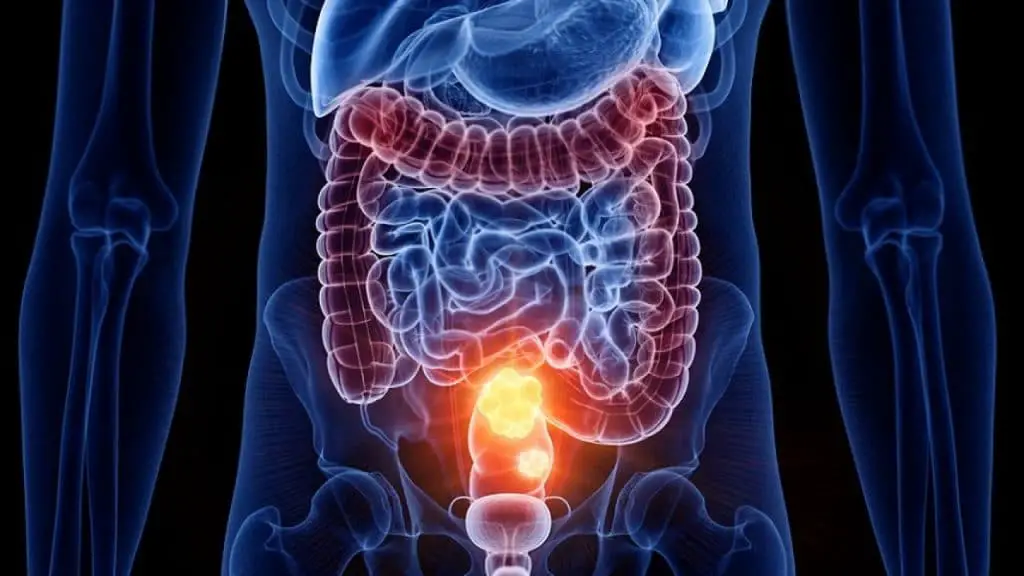
“Since 1995, there has been a 45% increase in colon cancer diagnoses in people younger than 50,” he noted.
The increase in cases has been so dramatic that in 2021 the influential U.S. Preventive Services Task Force lowered the recommended age for first screening from 50 to 45.
More young Americans need to be on alert for the warning signs of colon cancer and push doctors to act if and when they appear.
Bloody stools, in particular, should be a warning sign. Of course, blood in the stool can signal any gastrointestinal problem, so cancer is not the only possible cause.
But Demb’s team found that the presence of blood in the stool in people younger than 50 was linked to a five-fold greater risk of colon cancer, compared to people without this symptom.
When symptoms appear, young people tend to delay seeking medical advice, Demb and colleagues noted.
“Younger patients may experience persistent signs and symptoms and delay seeking medical care,” they wrote. “Potential reasons for these delays include the patient’s belief that they are too young to worry about cancer or lack of access to primary care or health insurance.”
Even when a doctor is consulted, “both patients and doctors may downplay the severity of symptoms and fail to recognize key warning signs and clinical signals that should trigger suspicion of colorectal cancer,” they said researchers.
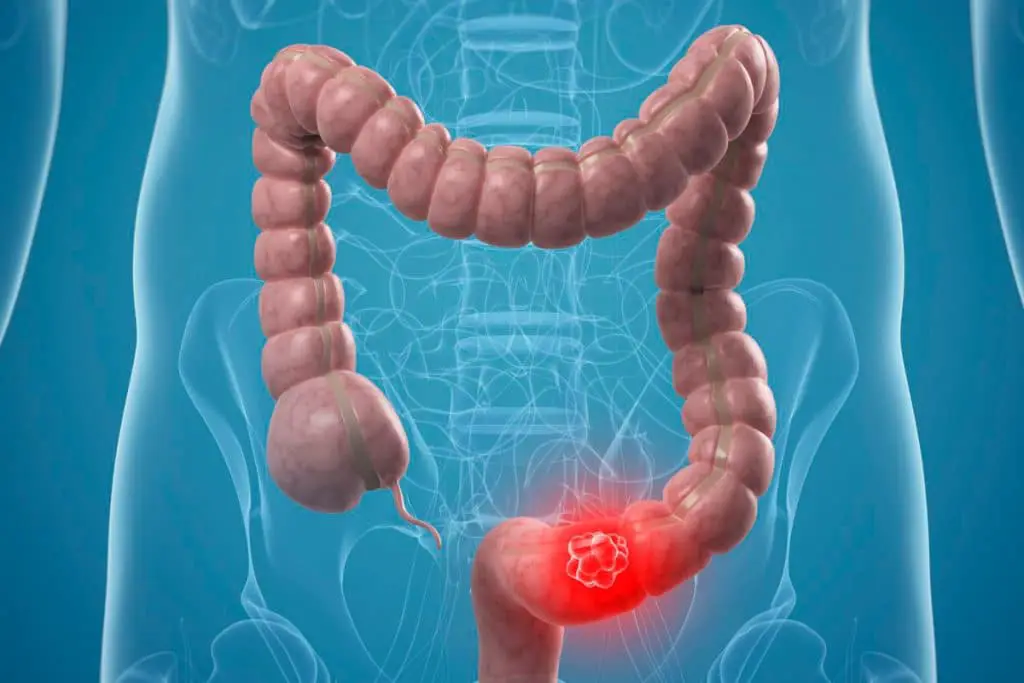
Too often, rectal bleeding in young people is attributed to more benign conditions such as hemorrhoids, the team said.
Any delay in diagnosis can be costly, as the earlier a cancer is detected, the greater the likelihood of a better treatment outcome.
Overall, “delays in the diagnostic workup after the presentation of signs or symptoms are up to 40% longer in younger subjects than in older subjects with colon cancer,” the San Diego researchers said.
According to several studies, between 58% and 89% of colon cancer patients under 50 are diagnosed only when the disease reaches an advanced stage, compared to 30%-63% of older patients.
To detect tumors early, “clinicians should work with patients to ensure that signs and symptoms undergo diagnostic evaluation to identify and resolve the underlying cause,” Demb and colleagues advised.
Of course, routine colon cancer screening, via stool-based tests and/or colonoscopy/sigmoidoscopy, is critical to detecting colon cancer early, experts say.
Colon cancer under 50: know the risks and how to prevent it
The American Cancer Society released these statistics in its 2024 report, prompting many experts to call for better screening in younger patients.
The numbers are “alarming,” said Dr. Folasade May, a cancer prevention researcher and gastroenterologist at UCLA Health in Los Angeles. He also served on the 2021 presidential committee on colon cancer.
“Since 1995, there has been a 45% increase in colon cancer diagnoses in people younger than 50,” he noted. The increase in cases has been so dramatic that in 2022 the influential U.S. Preventive Services Task Force lowered the recommended age for first screening from 50 to 45.
Even this move may not “have sufficient impact,” May said in a UCLA news release.
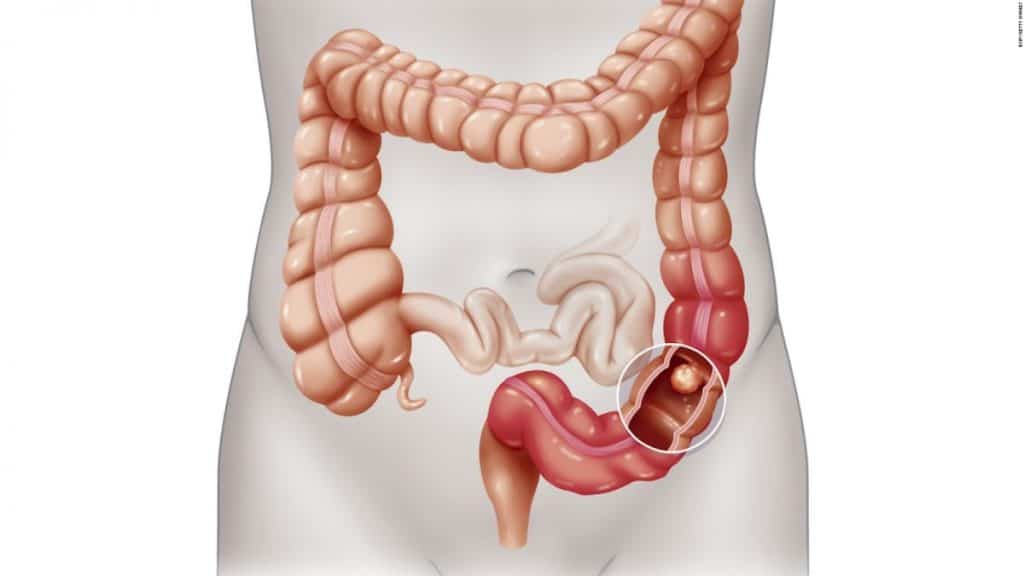
According to May, it’s still unclear why people under 50 are becoming more prone to colon cancer.
“Lifestyle and environmental factors, such as chemicals in food and air, are thought to play an important role,” he said. “Studies have also shown that obesity, alcohol consumption, tobacco use, physical activity, and even factors dating back to childhood, such as whether or not you were breastfed or received antibiotics at a high rate as a child could predict your chances of getting cancer when you are an adult.”
It’s possible that efforts to control certain lifestyle factors – excess weight, alcohol consumption, smoking, exercise – could help reduce people’s risk.
In addition to the rising number of cases among young people, Americans of color – particularly Black and Native Americans – are at higher risks of colon cancer.
“African Americans, for example, are about 20 percent more likely to get colon cancer and about 40 percent more likely to die from it than most other groups,” May said.
The reasons behind this trend are unclear, but “historically, minority populations have had higher uninsurance rates and less access to preventive care, screening and treatment,” he pointed out. This could mean that cancers in black patients are detected later, when treatments are less effective.
Hispanic Americans have lower rates of colon cancer than whites, but May noted that Hispanics “have an increasing incidence of young-onset disease and lower screening rates.”
“Among Asian Americans, screening rates are 10% to 20% lower than among white Americans,” he added.
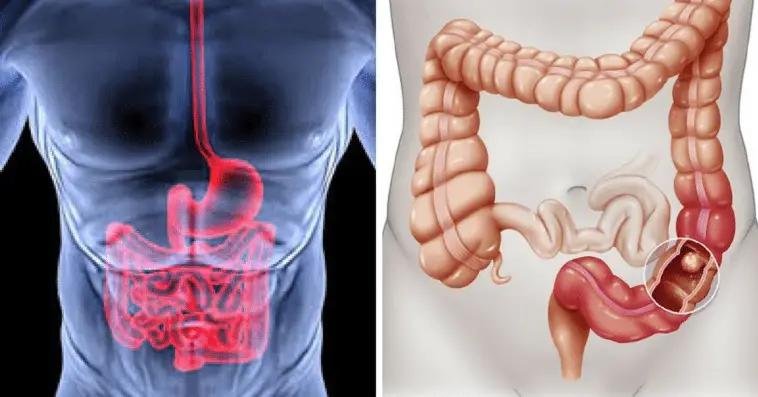
There is one surefire way to reduce your chances of becoming a young victim of colon cancer: follow recommended screening guidelines.
Colon cancer screening may involve tests based on stool samples or a more invasive sigmoidoscopy or colonoscopy.
Screening is especially important if you carry certain genes that predispose to colon cancer, May said, and everyone needs to find out “whether or not they have a family history of colorectal cancer.”
“According to the American Cancer Society, nearly 30% of colorectal cancer diagnoses in people under 50 are linked to an underlying family history or genetic mutation,” May noted. “People with a father, mother, brother or sister who has had colon cancer should talk to their doctor about getting screened at age 40 or earlier.”
Even without such a family history, “you need to start regular screening at age 45,” he stressed. “This is a relatively new recommendation from the U.S. Preventive Services Task Force: Colon cancer screening should begin at age 45 rather than age 50. Unfortunately, many young people are not taking advantage of life-saving screening technologies.”
Promoting awareness among minority patients is critical.
“Colorectal screening must become a priority in these populations, access to screening tests must be expanded, and everyone must get screened,” May said.
Above all, don’t ignore the symptoms of colon cancer.
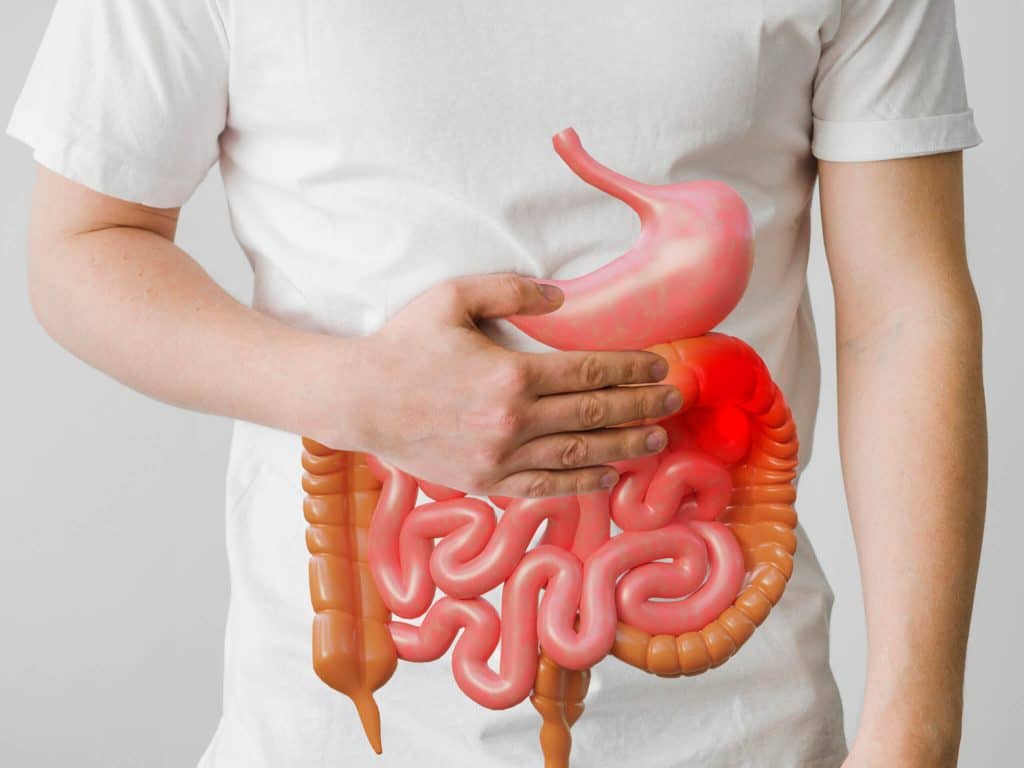
Tragically, May said he has “discovered that many of my younger patients who are dying of colon cancer have had symptoms for a year or two before finally making an appointment. And by the time they get a colonoscopy, their cancer is in an advanced stage.” to stage four Survival to stage four is very low: only 13%.”
The main signs of colorectal cancer are “red or black blood in the stool, weight loss without attempts, or a change in bowel habits that lasts more than a few days,” May said.
Again, screening is critical if symptoms arise.
“It is estimated that more than half of colorectal cancer deaths could be prevented by early detection through screening, and that is simply not happening,” May said. “People need to start screening early and continue to do so regularly throughout their lives.”
#Colon #cancer #rise #among #young #people
